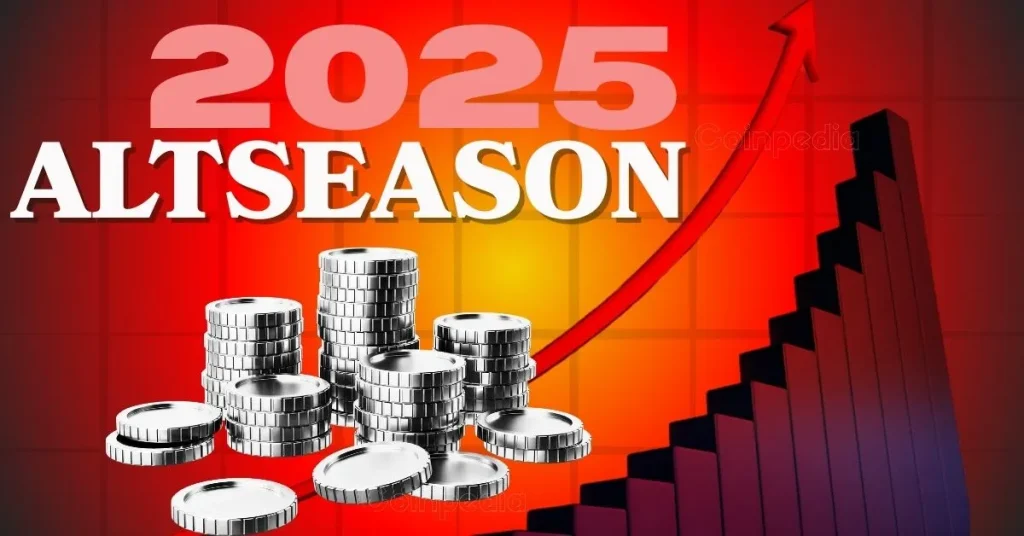ARTICLE AD BOX
Texas is now legally empowered to build its own Bitcoin reserve funded with taxpayer dollars before the federal government takes any comparable action.
Governor Greg Abbott on Saturday signed Senate Bill 21, a law that explicitly allows the state to buy and hold Bitcoin and other top-tier cryptocurrencies.
The measure passed the Texas House and Senate by wide margins, empowering the state comptroller to begin building the reserve immediately.
While the Trump administration recently announced the formation of a “Strategic Bitcoin Reserve,” the two policies differ starkly in substance and intent.
Strategic autonomy or symbolic move?
Backers of the Texas bill, including Lieutenant Governor Dan Patrick and State Senator Charles Schwertner, frame it as a hedge against inflation and a way to cement Texas’s identity as a national leader in crypto.
“Bitcoin’s decentralized nature and fixed supply make it an ideal store of value for the long term,” Schwertner said during debate on the floor. Proponents also point to Bitcoin’s ten-year performance record and growing institutional adoption as reasons to allocate a small but symbolic slice of the state’s rainy day funds.
The Comptroller’s office will hold and manage the Texas reserve, with input from a five-member advisory board. Funding for the reserve can come from legislative appropriations, investment earnings, and private donations.
Critically, the law gives the state authority to actively buy and manage Bitcoin, including holding it as an asset and potentially disposing it strategically.
Some proponents argue that future returns could be generated through yield-bearing mechanisms such as staking or lending, though the bill itself does not explicitly authorize those functions.
Federal effort is more constrained.
The Trump administration’s executive order creating a federal “Strategic Bitcoin Reserve” sparked comparisons, but the two initiatives have little in common beyond the name.
The Federal Bitcoin Reserve is built entirely from Bitcoin seized in criminal investigations. Under the terms of the March 6 executive order, these assets are now off-limits for liquidation but cannot be expanded unless the purchases are “budget-neutral.” That means the federal government will not be buying new Bitcoin anytime soon; it is simply freezing what it has already seized.
Unlike Texas, the Federal Bitcoin Reserve does not have an independent advisory board or a mandate to generate returns on its holdings. Custody remains with the Treasury Department and U.S. Marshals Service, and oversight remains largely internal.
How much Bitcoin could Texas buy?
With its Economic Stabilization Fund, commonly known as the “Rainy Day Fund,” projected to hold between $24 billion and $28.5 billion in 2025, Texas could feasibly allocate hundreds of millions to Bitcoin purchases without putting its fiscal position at risk.
At current market prices, a 1% allocation (roughly $240-$285 million) could net the state around 2,400 to 2,800 BTC. A more aggressive 5% allocation would bring in up to 14,000 coins, making Texas one of the largest sovereign holders of Bitcoin globally.
For comparison, the federal government currently holds approximately 218,000 BTC, based on recent blockchain analytics, though nearly all of it came from seizures rather than purchases.
What happens next
With SB 21 now law, the Texas Comptroller’s office is expected to outline implementation procedures by the end of the fiscal year. Meanwhile, companion legislation (HB 4488) will protect the reserve from being swept into the state treasury for unrelated uses.
As Washington and Austin pursue divergent paths on handling Bitcoin, Texas may now become the first U.S. state to hold the cryptocurrency not because it had to, but because it chose to.
The post Texas to buy Bitcoin for state reserves long before Trump’s Bitcoin reserve delivers appeared first on CryptoSlate.
.png)
 4 hours ago
2
4 hours ago
2








 English (US)
English (US)